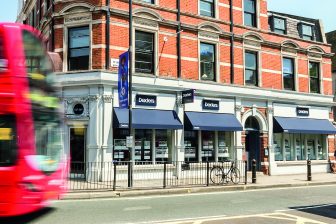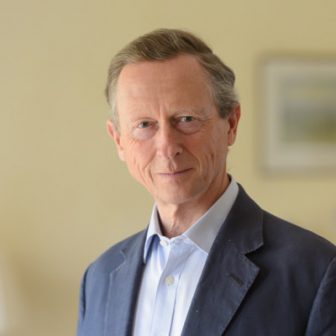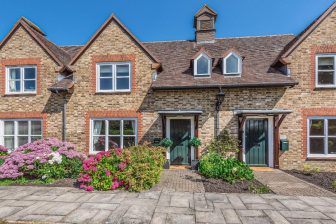Residential property prices across the UK grew at the fastest pace in March since just before the financial crisis hit in 2007, official figures show.
With purchasers rushing to take advantage of the government’s stamp duty holiday, the average price of a home in the UK increased by 10.2% in the year to March, up from 9.2% in February. This is the highest annual growth rate the UK has seen since August 2007, said the ONS.
The average price of a property in the UK hit £256,000 in March, up £24,000 year-on-year. Prices rose 2.1% between February and March, thanks also in part to the low cost of borrowing.
Average values increased over the year in England to £275,000 – up 10.2%, the average in Wales is up 11% to £185,000, in Scotland a 10.6% rise leaves the average price of a home at £167,000, while in Northern Ireland, the average is up 6% to £149,000.
The ONS said the average price of detached properties increased by 11.7% in the year to March, while the price of flats and maisonettes rose by 5%.
Nick Leeming, Chairman of Jackson-Stops, believes that the latest house price data provides a clear indication of how much the pandemic has shifted the property market over the past 12 months.

He commented: “House prices have increased by a staggering 10% on the year – the highest annual growth seen since before the financial crisis of 2007 – with buyers now paying on average a record £256,405 for their home.
“Prices in the North East and Yorkshire continue to lead the way. But, even in London, buyers are paying £20,000 more than they were before the pandemic.
“The number of new applicants that registered with our branches in March was on par with the number that signed up when the market reopened last June. Given the strength of demand, and the fact this is linked to fundamental shifts in people’s lifestyle priorities, we don’t see the market cooling in the near future.”
More than 12 months of on-off lockdowns has “completely unshackled the property market from the wider economy”, according to Jonathan Hopper, CEO of Garrington Property Finders.
He said: “The UK economy shrank by 6.1% between the first quarter of 2020 and the same time this year. Yet those same 12 months saw the average home rocket in value by 10.2%.
“The boom isn’t just one for the history books. It’s also the product of a perfect storm of factors. Years of demand that had been repressed by Brexit uncertainty were unleashed just as the difficulties of lockdown living forced thousands of people to fundamentally reassess what they want from their home.
“The stamp duty holiday fanned the flames, spurring thousands of would-be buyers into action.
 “Spring is traditionally a busy time for the property industry, but this year has been off the chart.”
“Spring is traditionally a busy time for the property industry, but this year has been off the chart.”
Strong competition for properties across many parts of the country has driven up prices, with some purchasers paying a price premium well in excess of any tax saving provided by the stamp duty cut.
Andrew Montlake, managing director of the independent mortgage broker, Coreco, commented: “The UK property market has no understanding of economic logic. The economy is deeper in the red than ever before and yet house prices are rising at an astronomical rate. It’s a real-life Theatre of the Absurd.
“And yet the play may carry on for some time. Although the Stamp Duty holiday is now starting to tail off as a driver of transactions, people these days want something altogether different from their properties, namely space and a home office.”


Is this the beginning of prices “levelling up” in the North compared with the South? I think so. Lifestyle, ie cleaner air and less commuting, will drive demand rather than city living.
You must be logged in to like or dislike this comments.
Click to login
Don't have an account? Click here to register
Does anyone else see some sort of warning in these figures? The highest price rises since just before the last crash! My recommendation is to hold onto your hats everyone as the next twelve months are going to be quite a ride.
You must be logged in to like or dislike this comments.
Click to login
Don't have an account? Click here to register
Low interest rate policy is a false economy, it inflates asset prices and creates an inflationary push, that used to be controlled by a rise in interest rates but that would rob the economy of the oxygen that’s keeping it alive; inflated asset prices.
I have no understanding how a government with such huge borrowing is going to reverse itself out of this without creating a massive divide between those that have and those that had and will be resentful its all been taken away
You must be logged in to like or dislike this comments.
Click to login
Don't have an account? Click here to register
Something to ponder. There ate going to have to be tax rises. One of the big questions is which part of society is going to feel the brunt of those rises?
You must be logged in to like or dislike this comments.
Click to login
Don't have an account? Click here to register
i know that one, me! It is always me that pays
You must be logged in to like or dislike this comments.
Click to login
Don't have an account? Click here to register